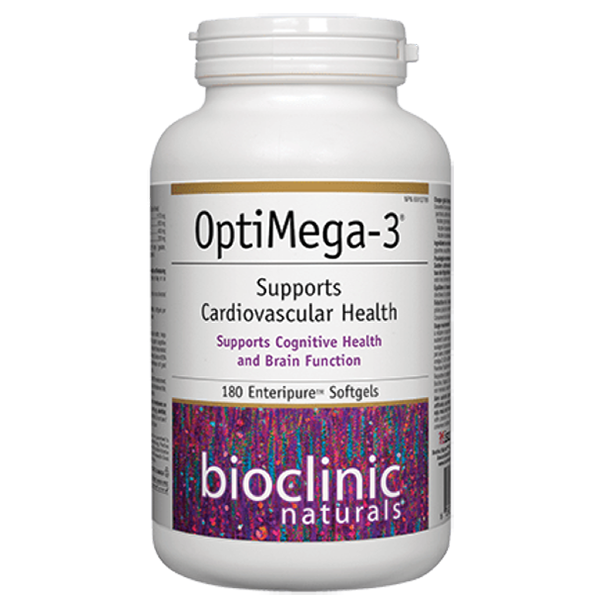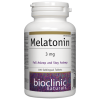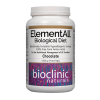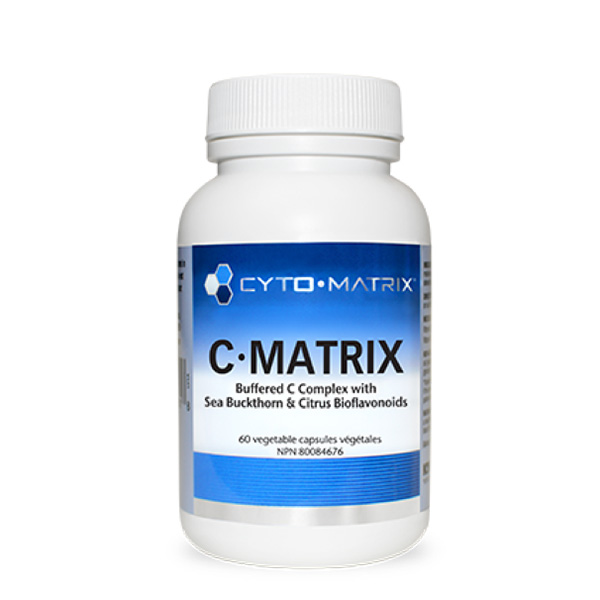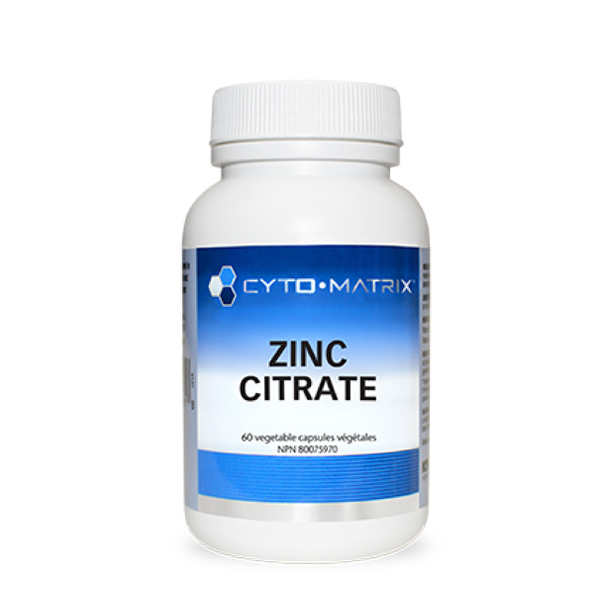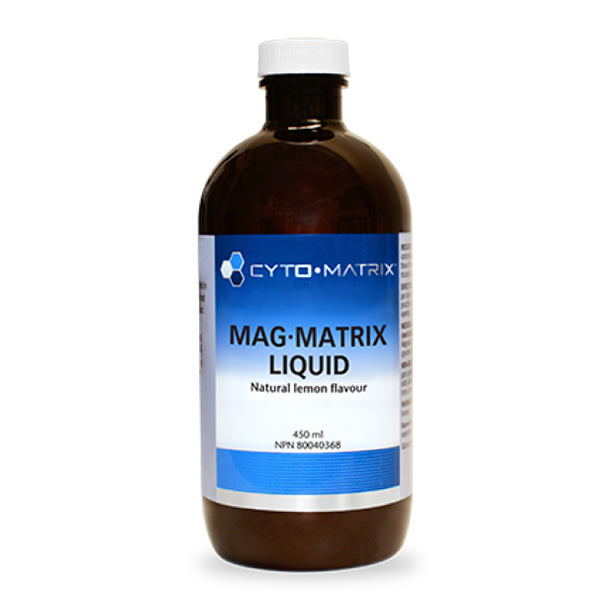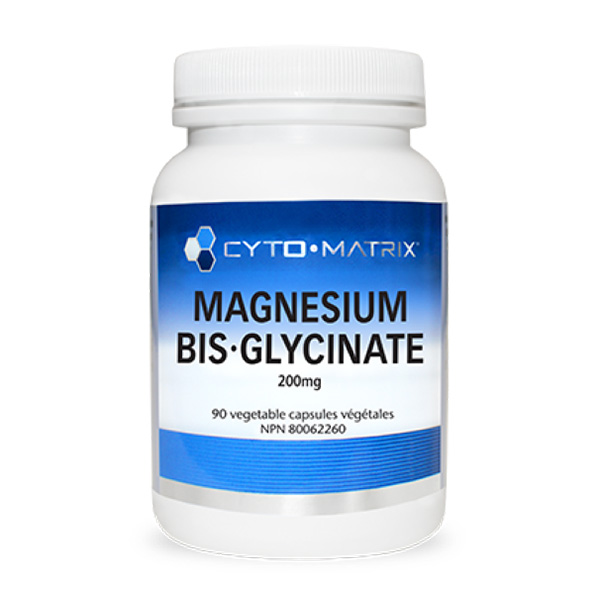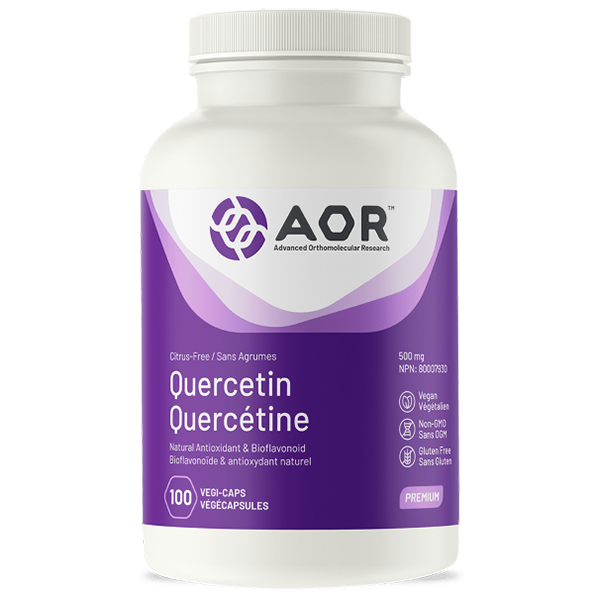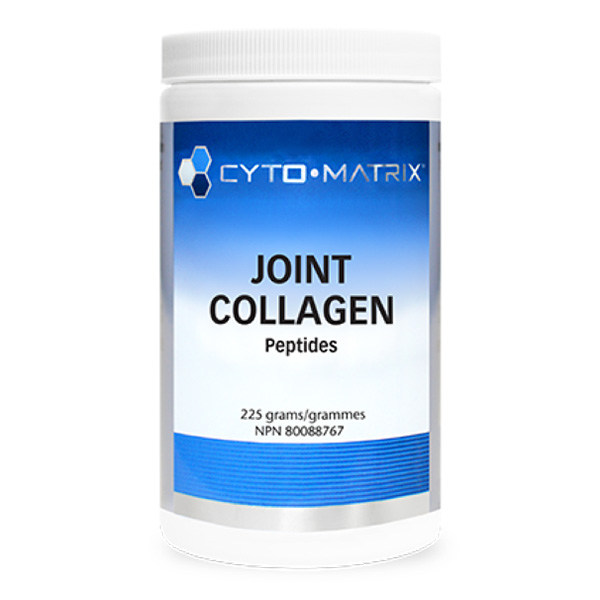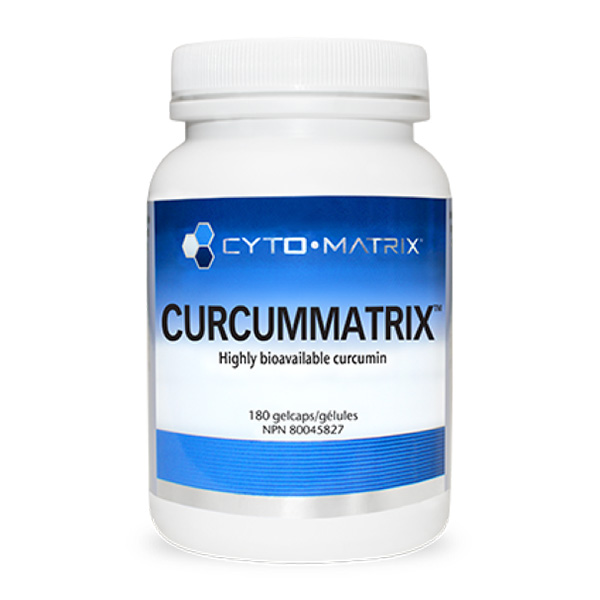Bioclinic – OptiMega-3

$38.99
Supports Cardiovascular Health
180 Enteripure™ Softgels ( SKU: 9351, NPN: 80012786 )
In stock
Benefits
- Optimal 2:1 ratio EPA to DHA in a highly bioavailable softgel
- Pharmaceutical grade omega-3 fish oil blend, USP verified for quality and consistency
- Free of lipid peroxides and environmental pollutants, including heavy metals, pesticides, dioxins, PCBs, and other harmful compounds
- Harvested through sustainable fishing practices
- Sourced from wild anchovies, sardines, and/or mackerel, one of the best natural sources of EPA and DHA
Feature Summary
Omega-3 fatty acids from fish oil improve a number of cardiovascular risk factors, including lowering of atherosclerotic burden, reducing triglyceride levels and blood pressure, and improving platelet and vascular function.1-4 Not only do these fatty acids modulate risk factors, but controlled clinical trials have shown them to be effective in preventing cardiovascular events, and coronary events, particularly in persons at high risk.5,6
EPA and DHA also support cognitive function through multiple mechanisms, as they are indispensable to neuronal membranes, with lower levels found to be not only a marker for neurological disease, but also a risk factor for cognitive impairment.7,8 EPA and DHA are essential to the resolution of inflammatory processes, providing the substrates for anti-inflammatory prostaglandins, resolvins and protectins.9-11
Benefits have also been shown for improving overall health, including a wide variety of cardiovascular, inflammatory, and autoimmune conditions, ranging from cardiac arrhythmias, eczema, and inflammatory bowel disease, to pregnancy and breastfeeding support, rheumatoid arthritis, and neurodegenerative disease.12-17 Improvements in cognitive function have been established among youth and adolescents with ADHD, with improved mood and slower cognitive decline among the elderly.18-20 Meta-analyses of randomized trials found supplementation improved lipids and HbA1c as well as reduced proteinuria among diabetics, and enhanced insulin sensitivity among individuals with at least one symptom of a metabolic disorder.21-23
Medicinal Ingredients
| Each EnteripureTM Softgel Contains: | |
| Fish Oil Concentrate (Molecularly Distilled, Ultra Purified) (Anchovy, Sardine and/or Mackerel) | 1170 mg |
| Omega-3 Fatty Acids | 630 mg |
| Eicosapentaenoic Acid (EPA) | 400 mg |
| Docosahexaenoic Acid (DHA) | 200 mg |
Non-Medicinal Ingredients
EnteripureTM softgel (gelatin,
glycerin, purified water, pectin), natural vitamin E.
Allergens:
Contains no artificial colours, preservatives, or sweeteners; no dairy, sugar, wheat, gluten, yeast, soy, corn, egg, shellfish, salt, tree nuts, or GMOs. Sealed for your protection. Do not use if seal is broken. For freshness, store in a cool, dry place.
Recommended Use:
Recommended Adult Dose: For Cardiovascular Support, Cognitive Health and Reducing Serum Triglycerides: 1 softgel 2–4 times per day or as directed by a health care practitioner. For Mood Balance: 1 softgel 3–4 times per day or as directed by a health care practitioner. For Reducing Pain of Rheumatoid Arthritis: 5 softgels per day or as directed by a health care practitioner.
Contraindications
Individuals with an allergy to fish or seafood should use caution, though fish oil is rarely allergenic. Both benefit and risk have been documented for those at risk of or being treated for cardiac arrhythmias, with close supervision indicated.24 Pregnant and nursing women are often advised to consume a minimum of 300 mg DHA per day, and although DHA is recognized as essential to neurological development, no dosage recommendations have been made for children or infants.
Drug Interactions
The antihypertensive effect of fish oil may potentially reduce the need or dosage for blood pressure medications, and patients should be closely monitored. Because fish oil has an antithrombotic effect, caution has traditionally been advised for those on anticlotting, antiplatelet or anticoagulant medications, or those at high risk of bleeding. However, a multinational randomized and controlled trial found that fish oil did not increase perioperative bleeding, and it reduced the number of transfusions needed, and appeared to be associated with a lower risk of bleeding when given pre- and postoperatively.25,26 At doses greater than 3 g per day, hyperglycemia has been observed in diabetics and those with hypertriglyceridemia and close monitoring of patients on antidiabetic medication is recommended. Benefit has been shown when fish oil is taken with statins, SSRIs, anticonvulsant and cytotoxic medications.27,28
- Pischon, T., Hankinson, S.E., Hotamisligil, G.S., et al. (2003). Habitual dietary intake of omega-3 and omega-6 fatty acids in relation to inflammatory markers among US men and women. Circulation, 108(2), 155-60.
- Swanson, D., Block, R., Mousa, S.A. (2012). Omega-3 fatty acids EPA and DHA: health benefits throughout life. Adv Nutr, 3, 1-7.
- Wang, C., Harris, W.S., Chung, M., et al. (2006). n-3 Fatty acids from fish or fish-oil supplements, but not alpha-linolenic acid, benefit cardiovascular disease outcomes in primary- and secondary-prevention studies: a systematic review. Am J Clin Nutr, 84(1), 5-17.
- Saito, Y., Yokoyama, M., Origasa, H., et al. (2008). Effects of EPA on coronary artery disease in hypercholesterolemic patients with multiple risk factors: sub-analysis of primary prevention cases from the Japan EPA Lipid Intervention Study (JELIS). Atherosclerosis, 200(1), 135-40.
- Delgado-Lista, J., Perez-Martinez, P., Lopez-Miranda, J., et al. (2012). Long chain omega-3 fatty acids and cardiovascular disease: a systematic review. Br J Nutr, 107(S2), S201-13.
- Chareonrungrueangchai, K., Wongkawinwoot, K., Anothaisintawee, T., et al. (2020). Dietary factors and risks of cardiovascular diseases: An umbrella review. Nutrient, 12(4), 1088.
- Lin, P.Y., Chiu, C.C., Huang, S.Y., et al. (2012). A meta-analytic review of polyunsaturated fatty acid compositions in dementia. J Clin Psychiatry, 73(9), 1245-54.
- Dyall, S.C. (2015). Long-chain omega-3 fatty acids and the brain: a review of the independent and shared effects of EPA, DPA and DHA. Front Aging Neurosci, 7, 52.
- Yedgar, S., Krimsky, M., Cohen, Y., et al. (2007). Treatment of inflammatory diseases by selective eicosanoid inhibition: a double-edged sword? Trends Pharmacol Sci, 28(9), 459-64.
- Schmitz, G., &Ecker, J. (2008). The opposing effects of omega-3 and omega-6 fatty acids. Prog Lipid Res, 47(2), 147-55.
- Molfino, A., Amabile, M.I., Monti, M., et al. (2017). Omega-3 Polyunsaturated Fatty Acids in Critical Illness: Anti-Inflammatory, Proresolving, or Both?. Oxid Med Cell Longev, 2017, 5987082.
- Löfvenborg, J.E., Andersson, T., Carlsson, P.O., et al. (2014). Fatty fish consumption and risk of latent autoimmune diabetes in adults. Nutr Diabetes, 4, e139.
- Olsen, S.F., Østerdal, M.L., Salvig, J.D., et al. (2008). Fish oil intake compared with olive oil intake in late pregnancy and asthma in the offspring: 16 y of registry-based follow-up from a randomized controlled trial. Am J Clin Nutr. 88(1), 167-75.
- Proudman, S.M., James, M.J., Spargo, L.D., et al. (2015). Fish oil in recent onset rheumatoid arthritis: a randomised, double-blind controlled trial within algorithm-based drug use. Ann Rheum Dis, 74(1), 89-95.
- Romano, C., Cucchiara, S., Barabino, A., et al. (2005). Usefulness of omega-3 fatty acid supplementation in addition to mesalazine in maintaining remission in pediatric Crohn’s disease: a double-blind, randomized, placebo-controlled study. World J Gastroenterol, 11(45), 7118-21.
- Di Giuseppe, D., Wallin, A., Bottai, M., et al. (2014). Long-term intake of dietary long-chain n-3 polyunsaturated fatty acids and risk of rheumatoid arthritis: a prospective cohort study of women. Ann Rheum Dis, 73(11), 1949-53.
- Lorente-Cebrián, S., Costa, A.G., Navas-Carretero, S., et al. (2015). An update on the role of omega-3 fatty acids on inflammatory and degenerative diseases. J Physiol Biochem, 71(2), 341-349.
- Chang, J.P., Su, K.P., Mondelli, V., et al. (2018). Omega-3 polyunsaturated fatty acids in youths with attention deficit hyperactivity disorder: a systematic review and meta-analysis of clinical trials and biological studies. Neuropsychopharmacology, 43(3), 534-545.
- Zhang, X.W., Hou, W.S., Li, M., et al. (2016). Omega-3 fatty acids and risk of cognitive decline in the elderly: a meta-analysis of randomized controlled trials. Aging Clin Exp Res, 28(1), 165-166.
- Bae, J.H., &Kim, G. (2018). Systematic review and meta-analysis of omega-3-fatty acids in elderly patients with depression. Nutr Res, 50, 1-9.
- Chewcharat, A., Chewcharat, P., Rutirapong, A., et al. (2020). The effects of omega-3 fatty acids on diabetic nephropathy: A meta-analysis of randomized controlled trials. PLoS One, 15(2), e0228315.
- O’Mahoney, L.L., Matu, J., Price, O.J., et al. (2018). Omega-3 polyunsaturated fatty acids favourably modulate cardiometabolic biomarkers in type 2 diabetes: a meta-analysis and meta-regression of randomized controlled trials. Cardiovasc Diabetol, 17(1), 98.
- Gao, H., Geng, T., Huang, T., Zhao, Q. (2017). Fish oil supplementation and insulin sensitivity: a systematic review and meta-analysis. Lipids Health Dis, 16(1), 131.
- Kromhout, D., &de Goede, J. (2014). Update on cardiometabolic health effects of w-3 fatty acids. Curr Opin Lipidol, 25(1), 85-90.
- Harris, W.S. (2007). Expert opinion: omega-3 fatty acids and bleeding-cause for concern? Am J Cardiol, 99(6A), 44C-46C.
- Akintoye, E., Sethi, P., Harris, W.S., et al. (2018). Fish oil and perioperative bleeding. Circ Cardiovasc Qual Outcomes, 11(11), e004584.
- Toyama, K., Nishioka, T., Isshiki, A., et al. (2014). Eicosapentaenoic acid combined with optimal statin therapy improves endothelial dysfunction in patients with coronary artery disease. Cardiovasc Drugs Ther. 28(1), 53-9.
- Mischoulon, D., &Freeman, M.P. (2013). Omega-3 fatty acids in psychiatry. Psychiatr Clin North Am, 36(1), 15-23.
Related Documents
| Weight | 0.1 kg |
|---|

